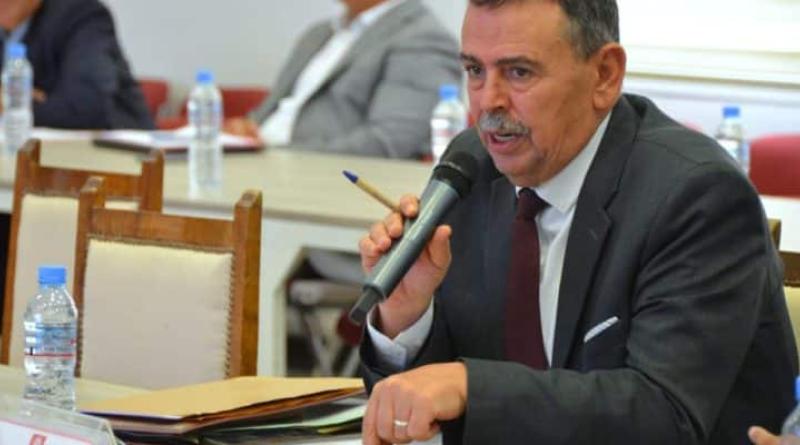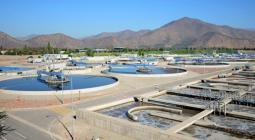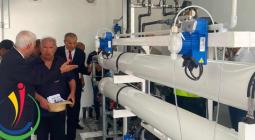TUNISIA: drought, Tunis toughens its strategy to guarantee access to drinking water

The Tunisian Ministry of Agriculture, Water Resources and Marine Fisheries adopted a document on November 4, 2023 defining Tunisia's new strategy to ensure the supply of drinking water in the face of drought. The North African country wants to limit the arbitrary use of drinking water in agriculture, for watering green spaces, cleaning streets and public spaces.
No total ban, but programming. This is, in summary, the new strategy of the Tunisian government regarding the management of water resources in Tunisia, in a context marked by drought. The Tunisian Ministry of Agriculture, Water Resources and Marine Fisheries adopted a document on November 4, 2023 in which it details this strategy which will “guarantee access to drinking water for residents” .
According to the Minister of Agriculture Abdel Monem Balaati, this plan adopted in the presence of the Secretary of State for Water, Reda Qabouj, the governors of Ben Aros, Nouba, Ariana, Benzerrat, Soussa, Fax, Mahdia, and representatives regional authorities for the agricultural development of the governorates concerned, will have to control the supply and demand of drinking water in the country led by Kaïs Saïed.
After restrictions imposed on the use of drinking water for irrigation of crops since March 31, 2023, the Ministry of Agriculture, Water Resources and Marine Fisheries comes back and indicates that legal measures necessary measures will be taken against offenders. Subsequently, the connection of wells to drinking water networks will be scheduled with determination of the number of wells, the cost necessary for the work and the desired rations which will reduce the pressure on surface water.
Campaigns will also be scheduled in all governorates of Tunisia, starting November 13, 2023, to raise awareness of the importance of water as a source of wealth amid the confinement of the falls.
The document published last Saturday also provides for the implementation of a judicial action plan to eliminate arbitrary connection to irrigation water. Because, if the Tunisian authorities have recognized the need to reduce food insecurity, this should not encroach on the continuity of the drinking water supply. A review of the position of water bodies to limit excesses and eliminate related problems in terms of water distribution and bill collection will be carried out.
Regarding the valorization of effluents, Tunisia is currently working on the establishment of an annual program for the development of the exploitation of treated wastewater . The objective is to involve all stakeholders in the treatment process, particularly the Tunisian Ministry of Higher Education and Scientific Research, to intensify control and strengthen self-control mechanisms during all stages. of the wastewater exploitation process in Tunisia, and to develop a communication plan aimed at raising awareness among all stakeholders of the importance of preserving water, while guaranteeing supervision and popularization to operators.





